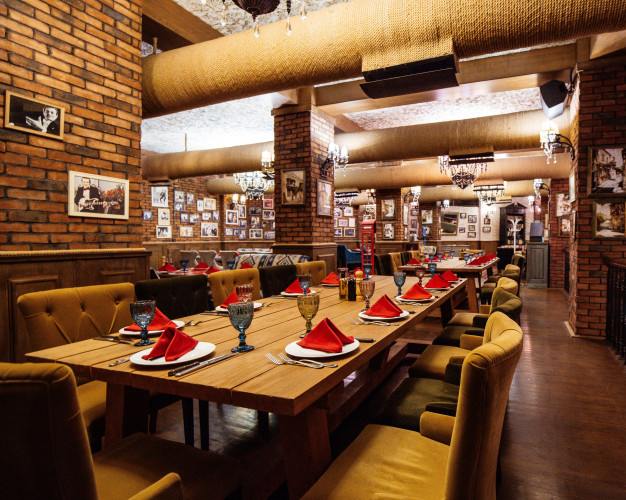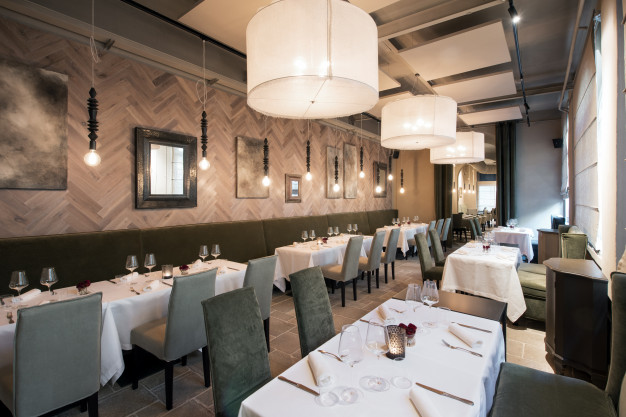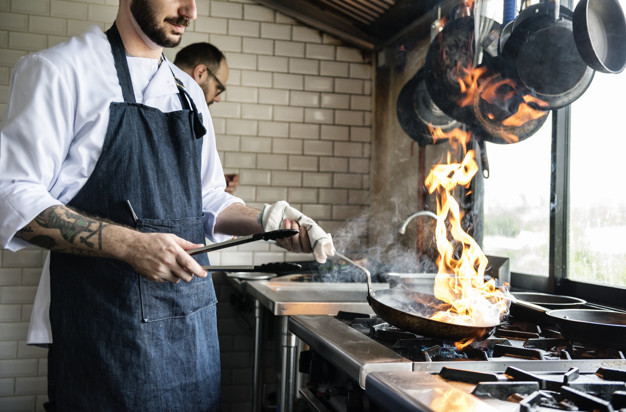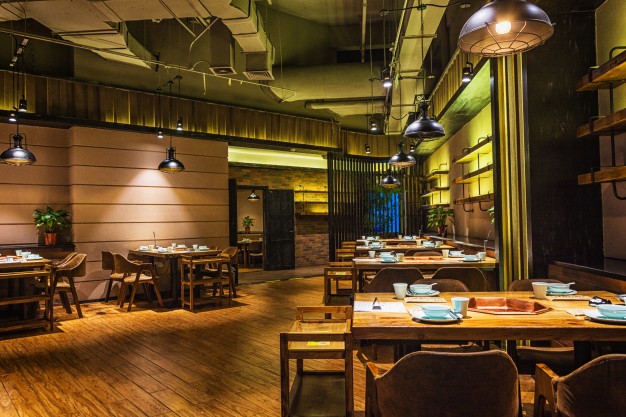
Would it be nice to have your grand restaurant opening one day? You may be on cloud nine while thinking of starting your own business, but you must keep in mind that it goes far beyond serving food to customers.
There are different managerial and operational procedures involved in opening and operating a restaurant. To handle these procedures, you ought to be familiar with every aspect of the restaurant industry and system.
Opening A Restaurant – Things To Consider

Even though the past pandemic and lockdown season negatively affected the entire restaurant industry, don’t be discouraged. It should serve as fuel to keep you motivated.
You may think that diners would be wary of trying out new food establishments, so let us dispel that notion. There are a variety of pop-up restaurants in Glasgow that are swarming with consumers. And this is just weeks before the lifting of restrictions. In that sense, it shows just how much diners crave socializing and dining in a restaurant even today.
This guide will help you understand and find out what you need to consider before starting a restaurant.
The Establishment

Would you prefer to buy an existing restaurant or build one from scratch? To stay on top of your finances, you need to first take care of this issue. Be sure to consider both the advantages and disadvantages of both and choose which is best for your developing business, etakeawaymax.
If you opt to buy an existing restaurant, you may encounter negative customer perception and it may limit your marketing freedom, but it already comes with a solid brand and customer base.
While developing your restaurants gives you creative freedom with branding and marketing, you may struggle with building a solid and loyal customer base at first.
The Business Plan

Before launching your business or even seeking capital or investment, you need to develop a thoroughly considered business plan.
A business plan outlines how your restaurant will take shape and operate once it is open; it explains how it will function once it is open. The business plan will assist you in securing financing and projecting your financial goals.
Your plan should also include an analysis of your products, the market you intend to target, the competition, the finances you have. Also, include projections for cash flow as part of the implementation plan.
It will serve as the framework for your restaurant, guiding your team during its earliest stages.
The Restaurant Theme and Concept
Yes, location and knowledge about the competition may be important, but before you consider opening a restaurant you must have a concept or theme in mind. This will serve as your guide to your entire planning.
An ideal concept typically includes what you will offer, the amount of money you are planning to invest, how much you will borrow and how much profits you are expecting. The safest bet is to try to break even during the first year. It’s your concept buried among the financials, and it needs to be unique to attract interest.
The Location and Area

Before choosing a business location, you should do extensive research. Don’t forget the fact that any business in the Food and Service Industry will always be crowded with competition. You should assess whether you’re ready to face off against any type of competition.
It’s only natural to consider a location with high foot traffic, you’ll be able to better position your brand in a well-saturated area where it will be more easily recognized. However, keep in mind that many other factors, including solutions for vehicle accessibility like a drive-thru, contribute to this success.
There will be stiffer competition around city centers or tourist spots. Also, there can be natural crises, for example, a pandemic, that can leave a lot of busy districts empty. London alone is home to several restaurants that have permanently closed due to this outbreak.
The Menu
It is a major factor to consider in your restaurant opening checklist. Keeping up with food trends and incorporating them into your menu is a good idea if they align with the concept of your restaurant.
You should include a few essential menu items, such as meatless options for vegetarians and vegans, kid-friendly menu items so families can enjoy your restaurant together, and a few sweet treats. Prepare your menu thoughtfully – you can save on food costs by choosing meals that use the same set of ingredients.
The Staffing and Operating Hours

Staff is as much a part of the restaurant business as food. Bad service will probably cause your restaurant to fail because your customers won’t return. Make sure you hire qualified employees, even if they cost a little higher. Repeat business will likely make up for the extra payroll expense.
Understanding that you cannot take vacations or days off as a restaurant owner is very important. Your main focus at the restaurant will be to work with your staff, pay vendors, talk to customers, plan menus, and analyze profit and loss figures. Having this career is rewarding, but time-intensive as well.
The Target Market
Do your research before opening a restaurant to find out who your ideal customers are. Your restaurant’s ambiance and menu can be influenced by knowing who your target market is.
Make sure you know the demographics of your target audience, including their age, profession, lifestyle, and income level. Plan your strategy based on the kind of customers you will be targeting. Be sure to know their home address, what they like to do, and their most important interests.
It is only after you are aware of these things that you can ensure their needs are met. This is how you attract them to your establishment.
The Competition

In the beginning, you need to familiarize yourself with your competition. Go to their restaurants and eat. Make note of the service they provide. Be aware of how you’ll set yourself apart from them.
Step it up a notch. Take a look at their website. You can examine their visuals. Check whether you can order online, get coupons, and make reservations; become familiar with how it works.
If you are comparing your restaurant to your competition, you must ask yourself why people visit their restaurant. How is their concept appealing to their customers? Identifying your competition’s strengths and weaknesses can give you an edge over them.
As soon as you have completed all of this, determine if you can do it better or more originally. Consider their customers’ preferences when creating your restaurant, and recognize their successes and failures as a way to better understand what works and doesn’t work.
The Permits and Licenses
If you are planning to open a restaurant, make sure you obtain the necessary permits and licenses. The process of starting your business may require multiple inspections. Find out what your city requires for your restaurant by reaching out to the city government.
You should also review the requirements of both the state and national constitution long before your grand opening.
The Equipment and Tools

You, like most restaurant owners, are usually most concerned with equipment costs. Each type of restaurant has different equipment needs, so decide what you will need for your restaurant. Different restaurant technologies and solutions are also important to consider.
In addition to taking orders, tracking sales, managing and analyzing labor, taking payments, and more, the best systems offer more. Your servers and your customers may be able to benefit from these systems even at your tables.
If you plan to lease or purchase equipment, you must decide which option will be best for you. If you do not have much money initially, leasing is probably a better option.








